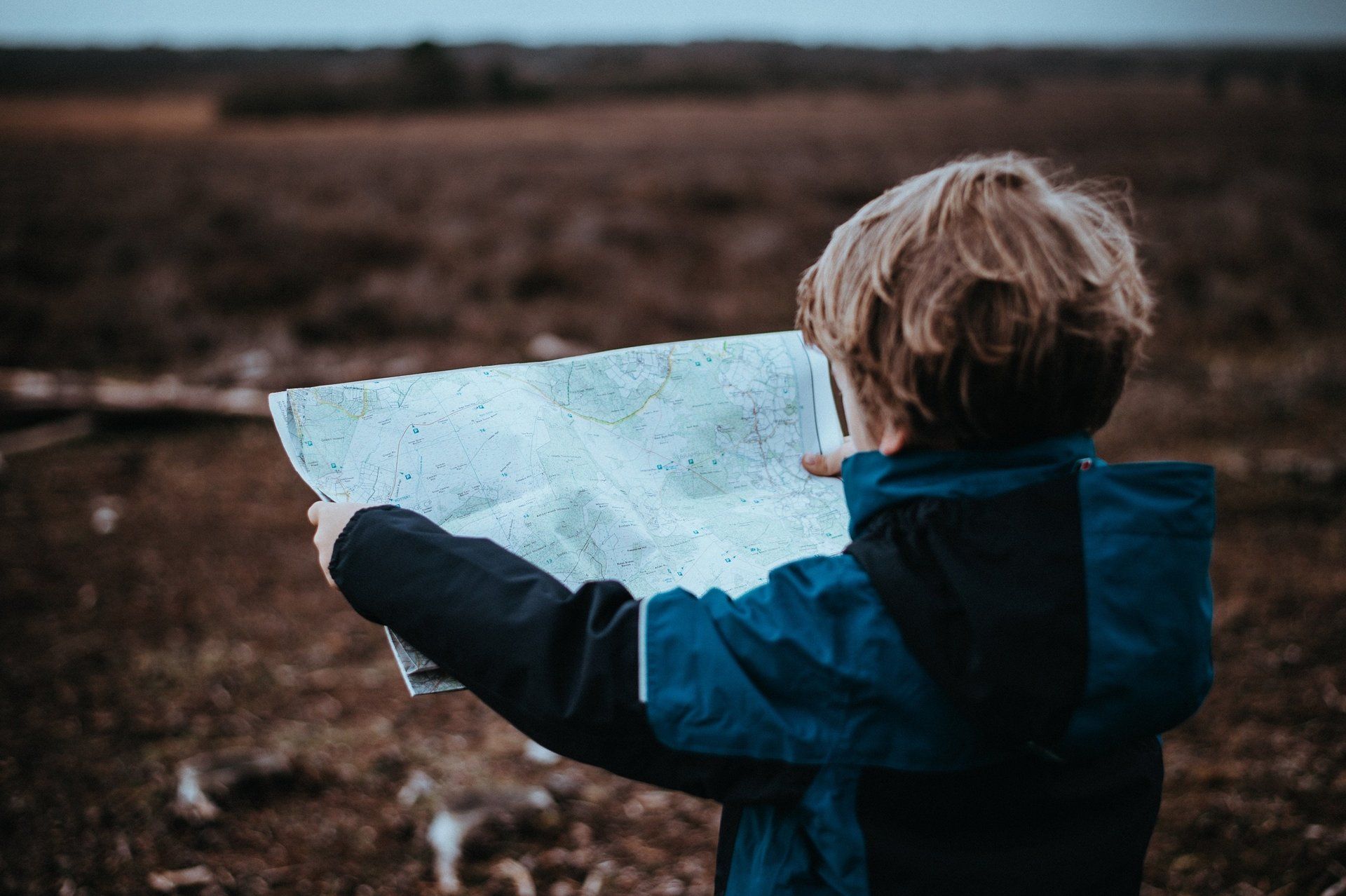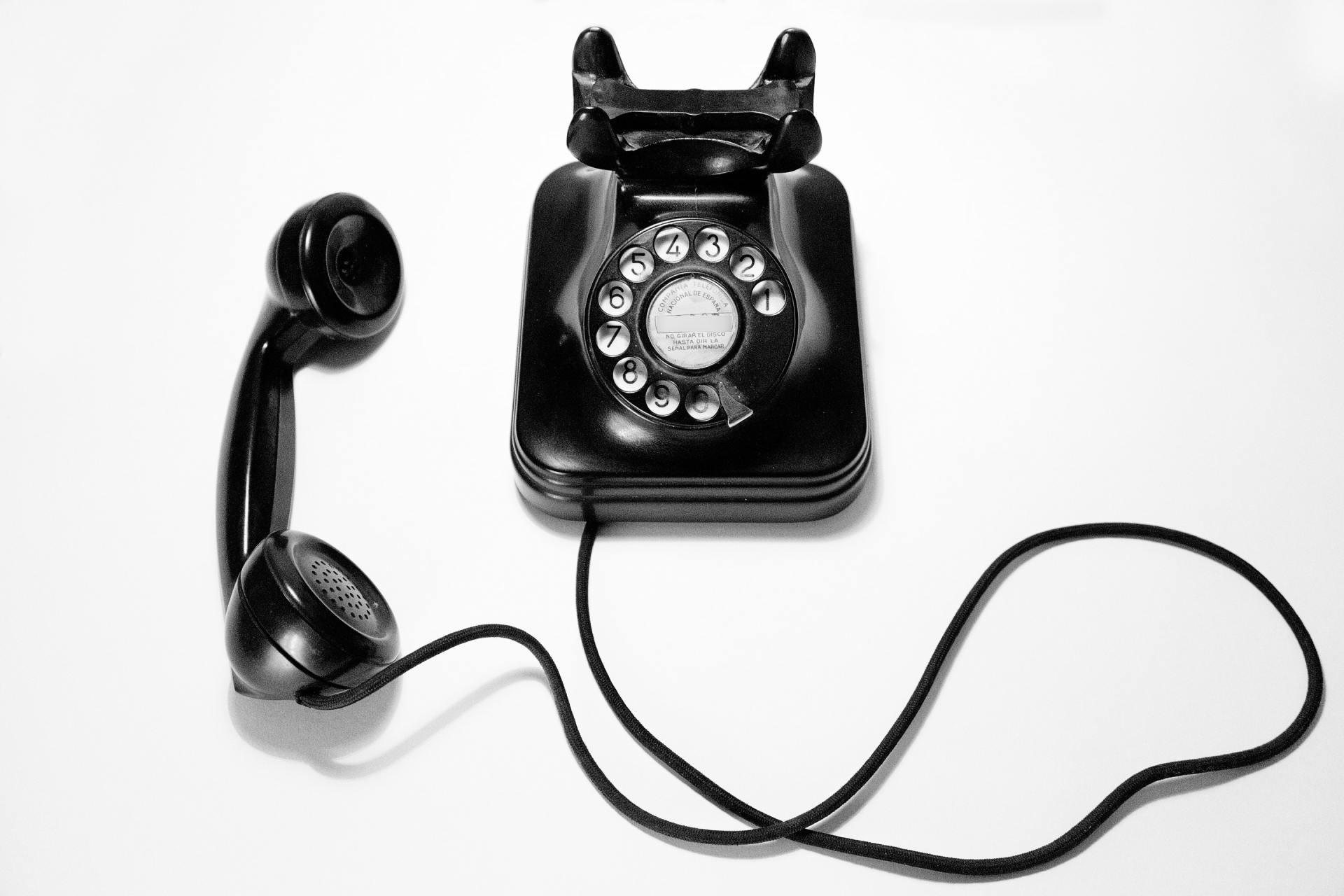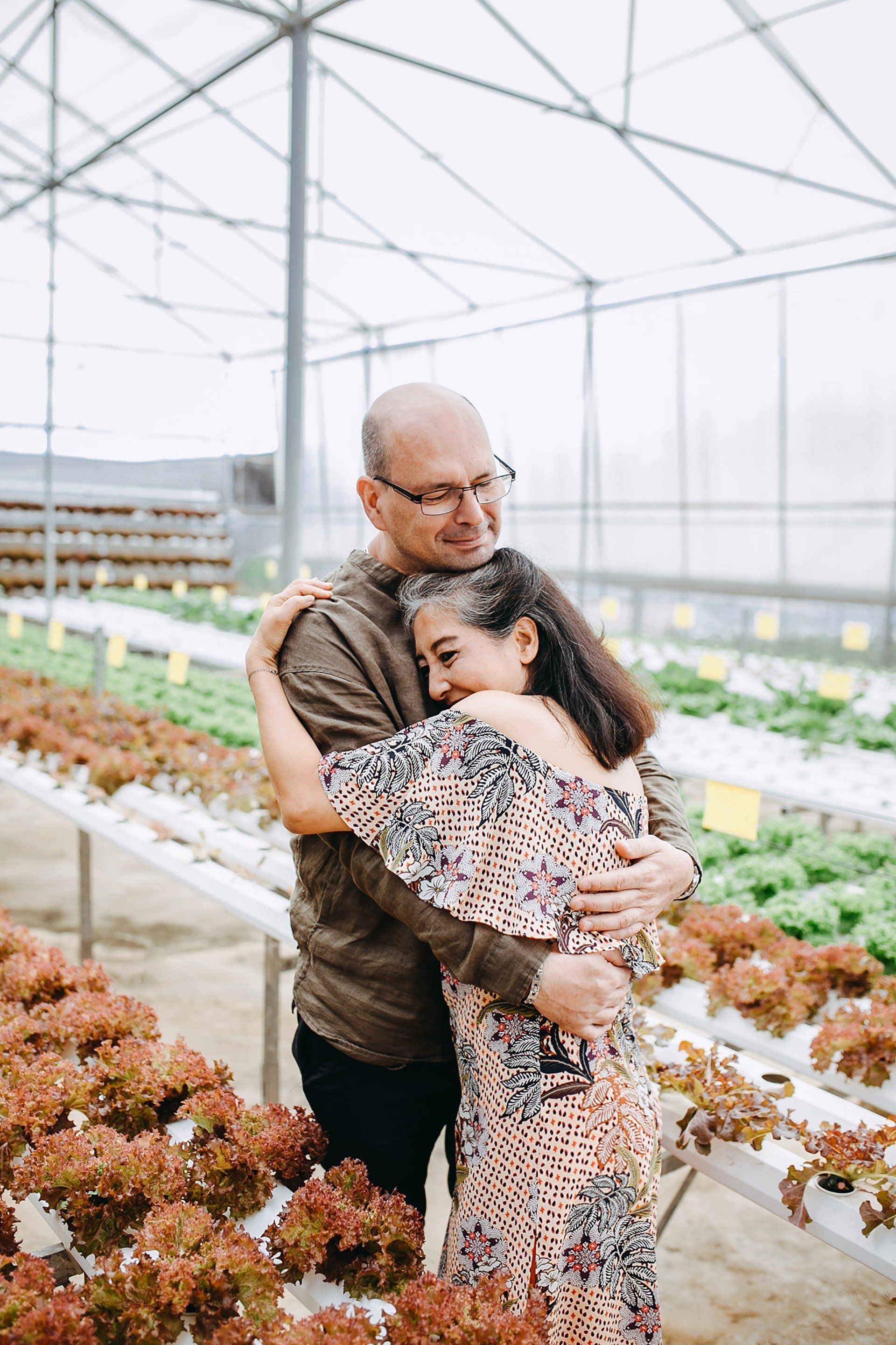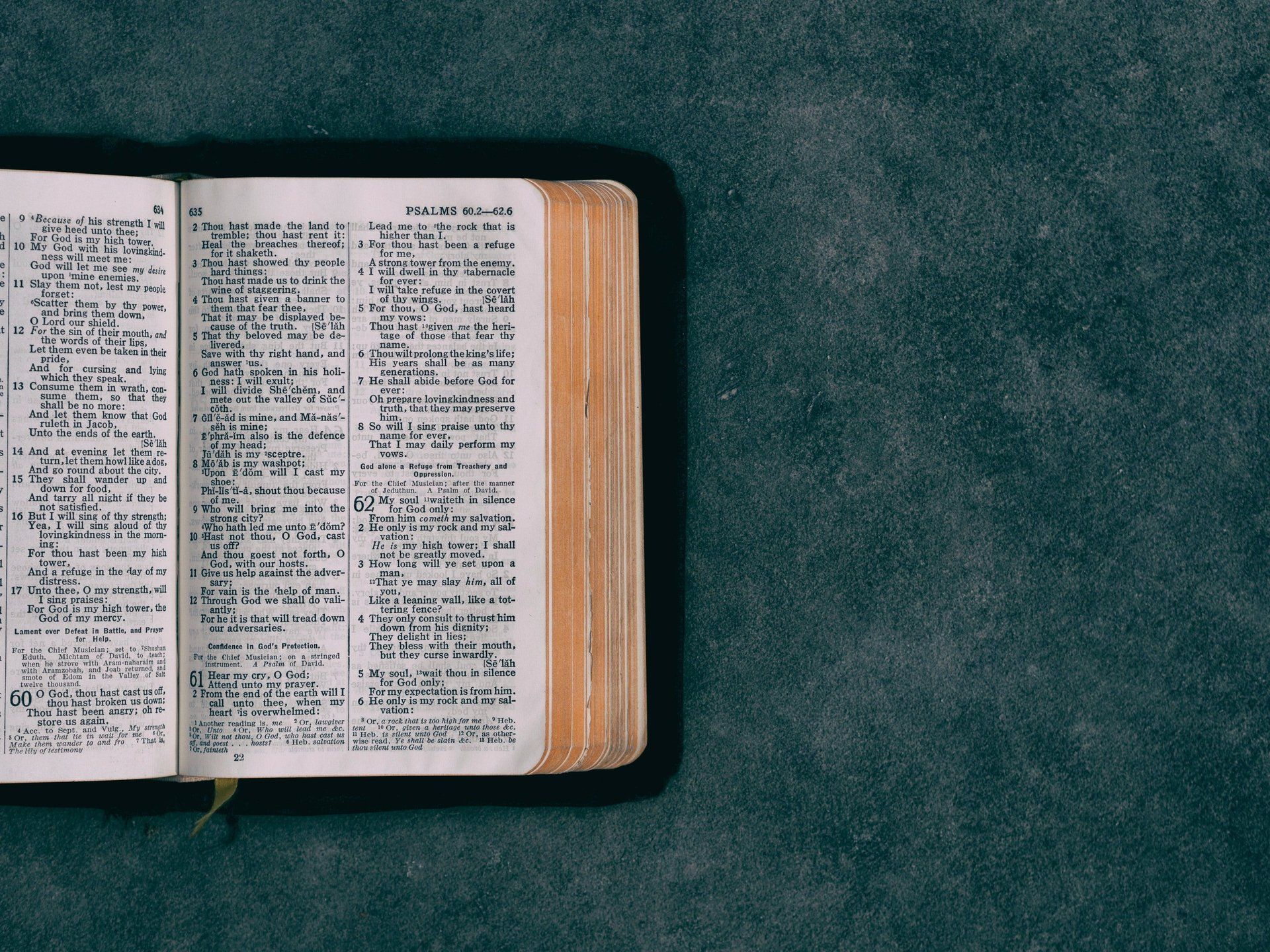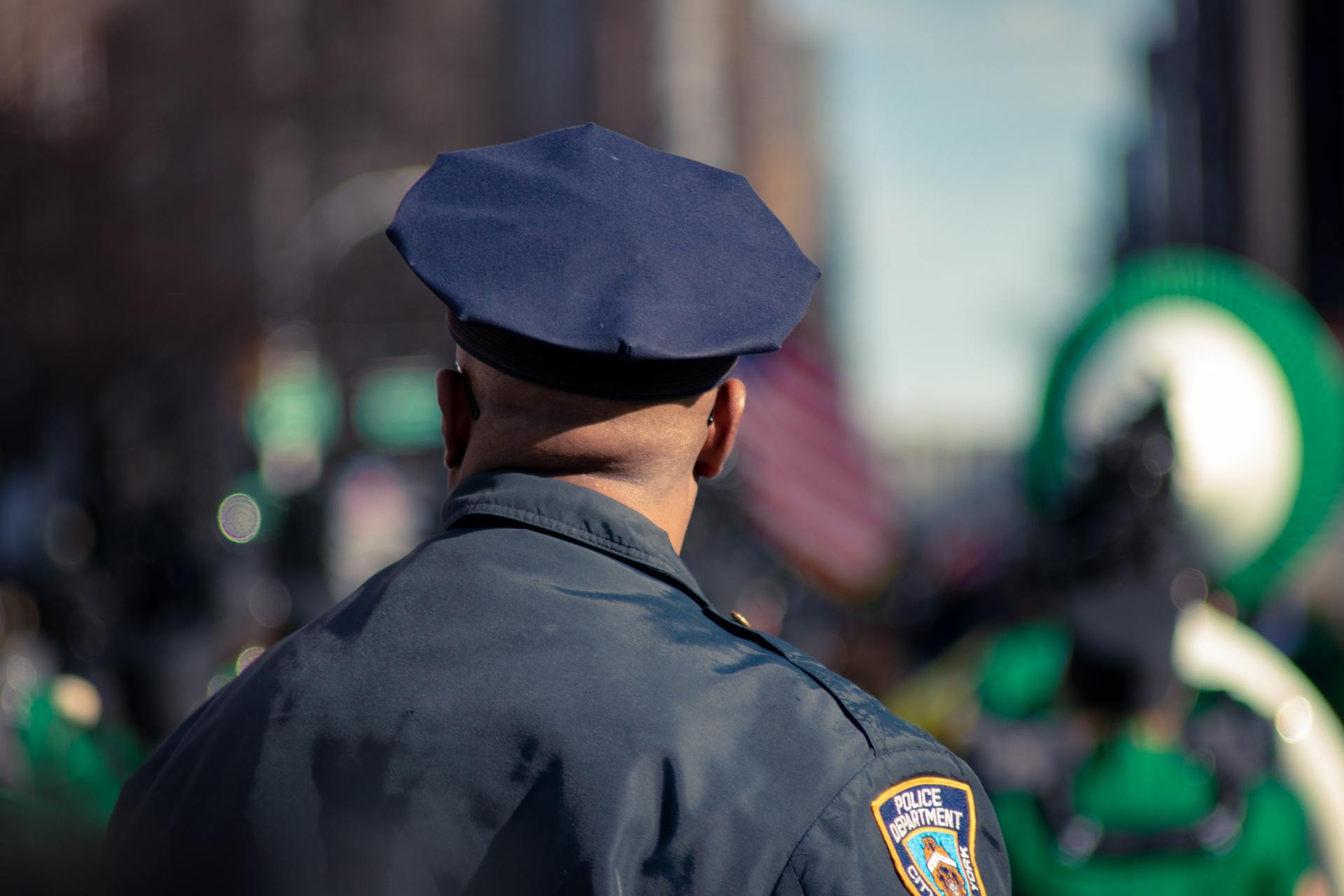Empathy is a form of reflection that brings awareness and insight into what might be happening for the other person. Empathy alone, however, will not move my position. I may understand why the person did what they did while continuing to hold a position of blame. My position does not allow me to see my contribution to the problem.
Relational reflection occurs when we broaden our perspective and see that this problem is not necessarily the fault of one person but is a dilemma occurring in the space between us. We move from projecting, blaming, and seeing the problem located in another to seeing that we co-create the problem. From this stance, reflective dialogue is possible; we think about and talk about the issue together. We share responsibility for the solution.
We can broaden our perspective even further by reflecting on the various systems that affect our behaviours. These include our family history, culture, politics, dominant narratives and beliefs. We can ask ourselves, “What patterns and themes in my greater environment have an impact on my choices, my relationships and my life? What assumptions and expectations have society conditioned in me?” The big picture perspective helps us to make connections between our personal and relational issues and the contexts that influence us.
Reflection not only involves ‘zooming out’ but also involves ‘zooming in’. Self-transcendent reflection means I look introspectively and consider my part in creating the problem. My perspective turns internal in order to identify patterns and themes that contribute to the way I engage in life and relationships. Questions to ask include “What is my contribution to this? Can I see patterns in my life whereby I often end up here? How does my way of thinking result in this kind of situation? What strategies have I developed that negatively impact how I respond to others?”
Socrates taught that an unreflective life was not worth living. Through honest examination, we can use reflection to convert our knowledge and information into wisdom, wisdom that guides us toward an improved version of ourselves. Thanks for the tip, Socrates!
Linda Gray
linda@relationshipsanctuary.com.au
0401 517 243
MORE SCENIC NEWS
-
A NEW CHAPTER FOR WOLVES BASKETBALL
Mar 28, 2024ButtonAs the sun sets on an incredible experience, it's time for me, Adam Chanter, to say farewell as the Pre...
-
GRAND OPTIONS CATER TO MOST NEEDS AND TASTES
Mar 28, 2024ButtonFor weddings, services can be held in The Old Church, which stands as a proud member of architecturally sig...
-
ANNE HOITINK – APRIL 2, 1945 – MARCH 15, 2024
Mar 28, 2024ButtonMigrated to Australia on 29 November 1952, aged 7 years. Going directly to the suburb of Reid in Canber...
-
GREAT SUCCESS FOR LITTLE ATHLETES
Mar 28, 2024ButtonRuby, Lily, Talia, Torah, Hugo, Leiawyn, Aric, Dean, Mitchell, Harvey and Noa; you all should be so proud ...
-
COMMUNITY CAMERA ALLIANCE – YOUR CHANCE TO HELP
Mar 28, 2024ButtonIt's essential for community members to remain vigilant and take steps to safeguard their properties and vehicle...
-
KERRI: AN HONOUR TO FILL THE ROLE FOR DIVISION 2
Mar 28, 2024ButtonDuring the pre-poll part of the campaign, I was very grateful for the opportunity to be able to meet an...
-
GALLERY’S $30,000 MAJOR ART AWARD RETURNS
Mar 28, 2024ButtonThe award, named after the sacred mountain which the Gallery overlooks, is open to artists living across the...
-
DO HOP IN FOR A NEW MONTE LUPO EXHIBITION
Mar 28, 2024ButtonMonte Lupo was established by Multicap in 1991 to provide meaningful employment to people living with di...
-
BREACH OF CODE: RULING ON MAYOR CHRISTENSEN RAISES MORE VOTER CONCERNS ON ELECTION EVE
Mar 14, 2024ButtonAdditionally, Christensen is to bear his legal costs, with a warning that any future infractions will be classifie...
-
THE LONG ROAD SPORTS CENTRE AND REGIONAL SPORT - WHERE DO YOU STAND
Mar 14, 2024ButtonThe SRRC Sports strategy 2010-2020 is to be shortly superseded by the 2024 – 2034 SRRC Sports Strategy....
LOCAL BUSINESS
COLUMNS
-
Beauty & Wellness
ButtonWriter: Rebecca Mander - Naturally Cos
-
Community Care
ButtonWriter: Geoff Marshall
-
Embrace
ButtonWriter: Jaap Vogel
-
Food for Thought
ButtonWriter: Dylan Gittoes
-
Hooked on Books
ButtonWriter: Friends of TM Library
-
Living with Dogs
ButtonWriter: Pam Brandis (Dip. Canine Prac.)
-
Nature Notes
ButtonWriter: Nadia O’Carroll
-
Pastor Kim
ButtonWriter: Pastor Kim Dale
-
Physio Talk
ButtonWriter: Neil Bell (Tamborine Mountain Physique)
-
Police News
ButtonWriter: Sgt Mark Shields
Officer in Charge
North Tamborine Police
-
Politics
ButtonWriter: Local Councillors and Representatives
-
Relationships
ButtonWriter: Linda Gray
-
The Mtn Midwife
ButtonWriter: Bree Lowing (Registered Midwife)
-
Travelling Places
ButtonWriter: Travelling Places Tamborine Mtn
-
Wine chat
ButtonWriter: Imogen Mulcahy
-
Yoga Under the Bodhi Tree
ButtonWriter: Margot Wagner
Your Local Paper
to read, keep & share

Your Local Paper
to read, keep & share
CONTACT
PO Box 118, North Tamborine Qld 4272
Phone: 0407 671 286
Email:
news@tmnews.com.au
ads@tmnews.com.au
Design by BjornSchmal.com

